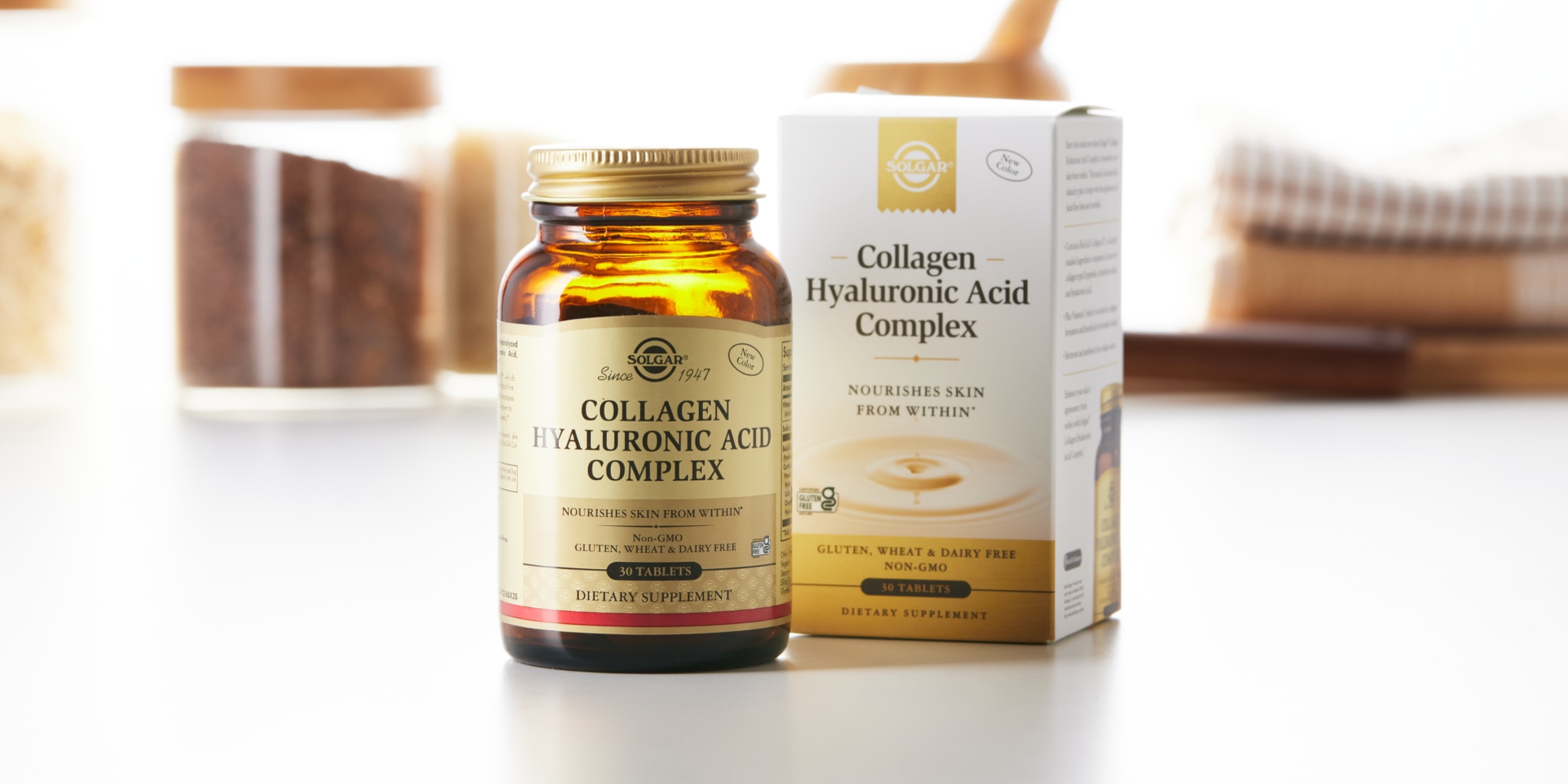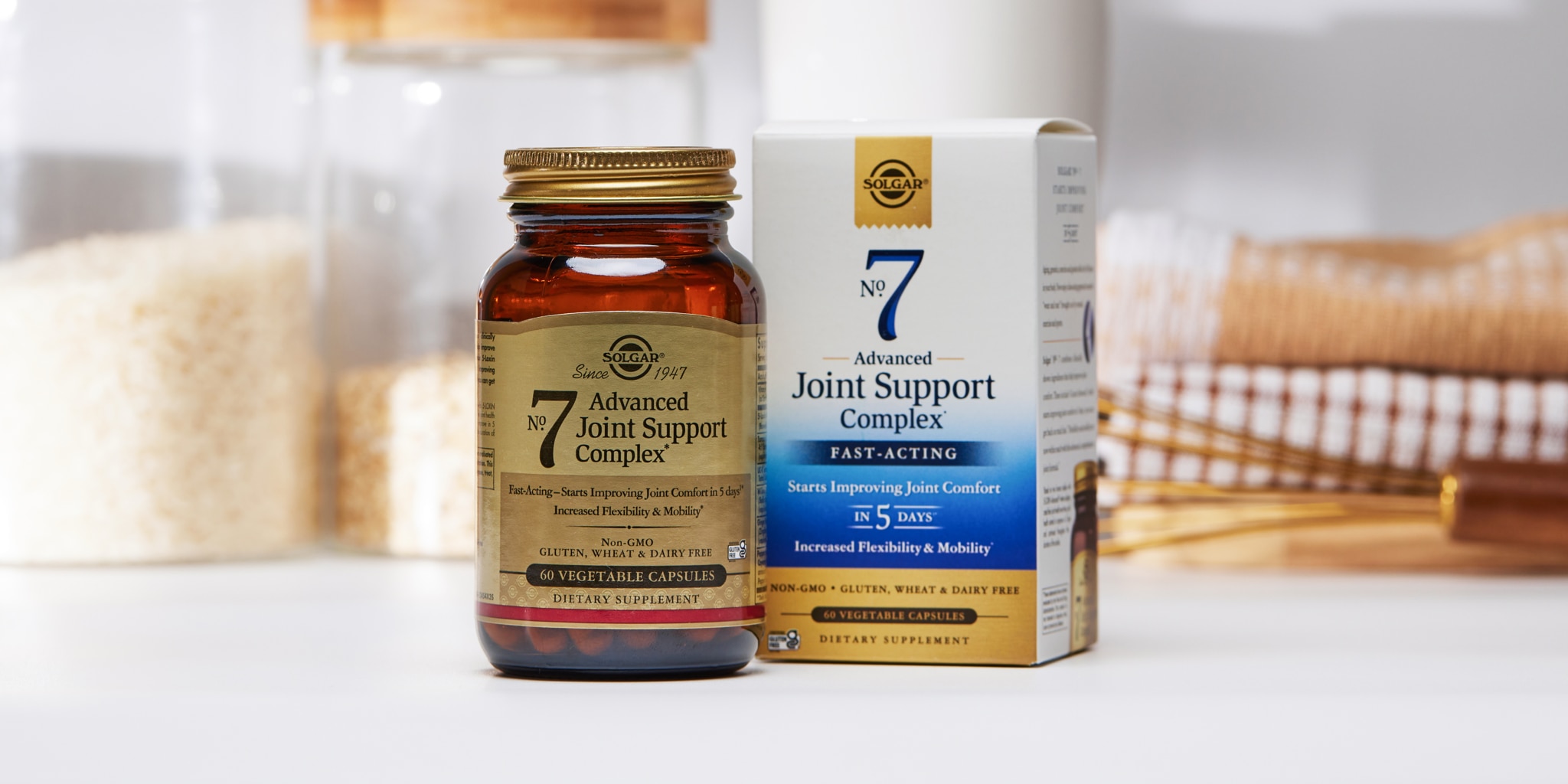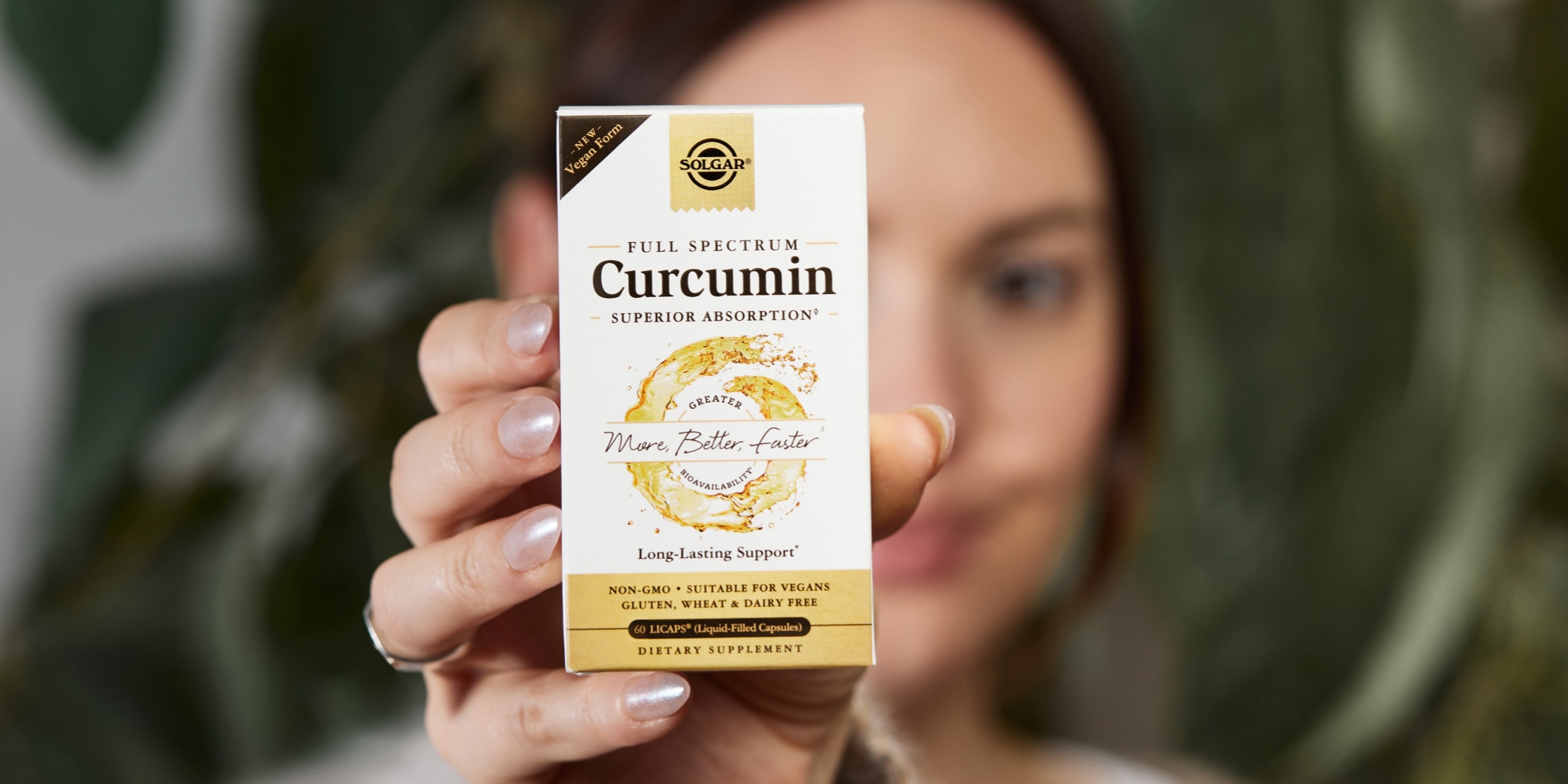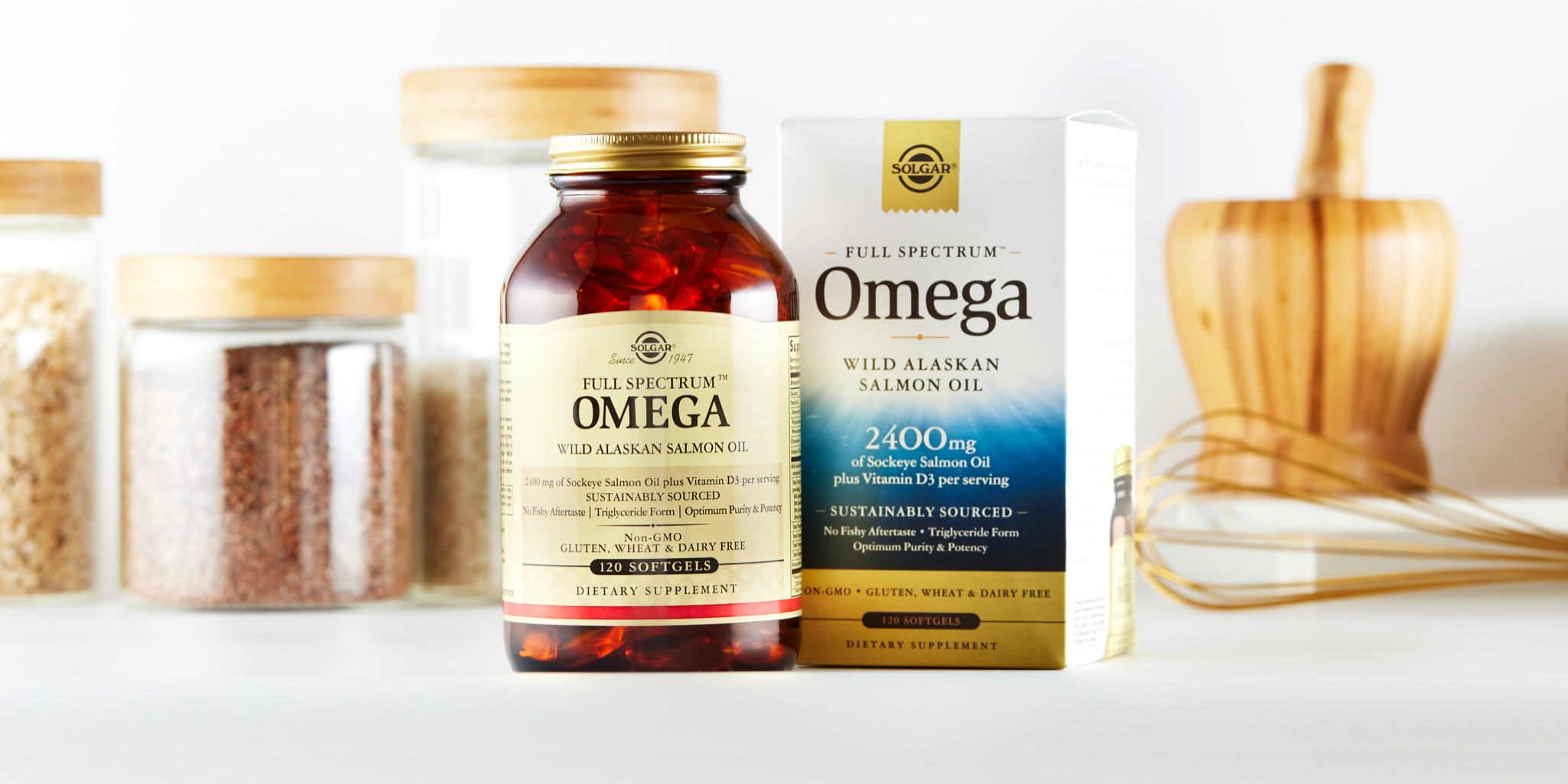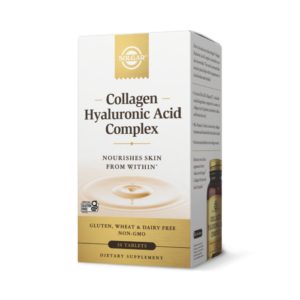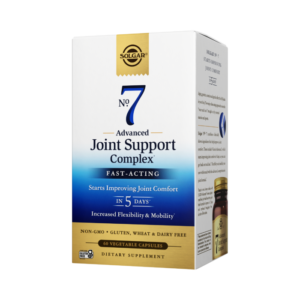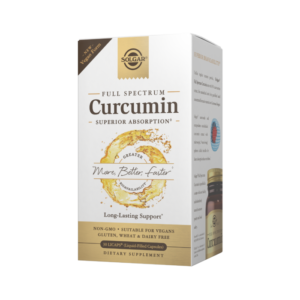Key Takeaways:
- Collagen and hyaluronic acid are naturally occurring substances that are found in healthy joints. However, both decrease with age and can lead to joint discomfort.
- Solgar® Collagen Hyaluronic Acid Complex supports joint health and promotes collagen formation (while also being great for your skin!)*
If your joints are healthy and strong, chances are you don’t think about your joint health very often. But when simple tasks start to cause occasional discomfort, you may begin to seek supplements that support joint health — like collagen and hyaluronic acid.
Collagen and hyaluronic acid are two amazing supplements to take to support your joints. Let’s take a closer look at how they can support your joint health and help you move with ease.
First things first: how do joints work?
Understanding the anatomy of joints is crucial to understanding how different supplements can support joint health.
Joints are formed when two or more bones come together, forming a connection and allowing your body to move and bend in a variety of ways.
There are three main types of joints: fibrous, cartilaginous, and synovial. We’re going to focus on synovial joints, as they are the most complex and the most common type of joint in the body. They are also the joint with the most movement, and therefore have the potential to cause the most discomfort.
In a synovial joint, the ends of the bone are encased in smooth cartilage, providing cushioning and allowing for smooth movement. Together, they’re enclosed in a membrane that is filled with synovial fluid which lubricates the joint and helps to reduce friction. Around the two bones are ligaments, which are tough bands of connective tissue that attach the bones together and provide stability.
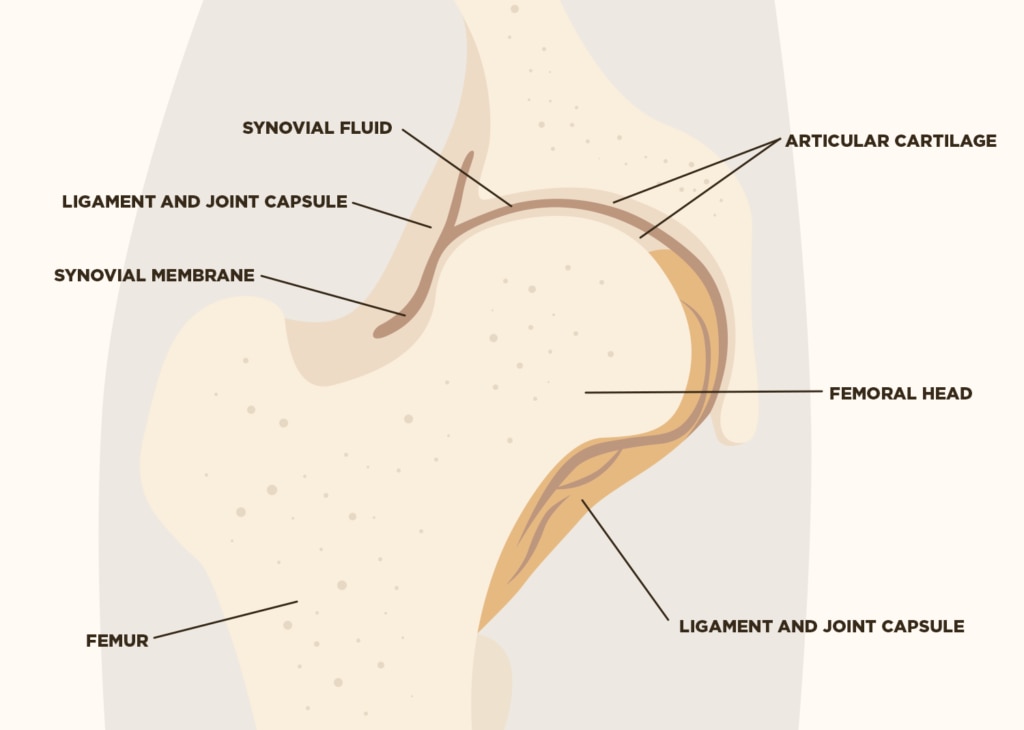
When a joint is healthy, all of these parts work in harmony to help you move freely. However, occasional discomfort due to normal exercise or physical activity can reduce optimal joint health.
Let’s take a look at some of the most common reasons for occasional joint discomfort.
Hyaluronic acid & your joints
What is hyaluronic acid?
Hyaluronic acid is sometimes called the body’s “natural moisturizer,” because it helps to hydrate the body. This naturally occurring substance is found in large amounts in the eyes, joints, and skin.
In recent years, hyaluronic acid has become an immensely popular ingredient in skincare, because of its ability to bind and hold water molecules, providing the skin with extra hydration and giving it a plumper, healthier look. But many people don’t realize that hyaluronic acid is just as beneficial for your joints as it is for your skin.
How can hyaluronic acid benefit your joints?
Healthy joints contain high amounts of hyaluronic acid in the synovial fluid, which helps the joints stay lubricated. Synovial fluid helps lubricate the joints for smooth movement. Hyaluronic acid also acts as a sponge, attracting and retaining water molecules to keep the joint tissues hydrated.1 Hyaluronic acid even assists in preventing cartilage breakdown and promoting cartilage regeneration.2
Thankfully, taking a hyaluronic acid supplement can help support joint comfort.
Collagen & your joints
What is collagen?
Collagen is a protein naturally found in the body that helps form the building blocks of muscles, skin, and other connective tissues. Collagen plays a major role in joint health. It is present in not only joint cartilage, but ligaments, tendons, and bones — all of which contribute to healthy joints.
Why should you take a collagen supplement?
Unfortunately, collagen levels start to decline after about age 25. This decline can cause ligaments, bones, tendons, and cartilage to become less flexible and more brittle over time.
Supporting your body with a collagen supplement is the easiest way to help make up for your body’s decreasing collagen levels, and help maintain joint health.
Best collagen & hyaluronic acid supplement for joint health
SOLGAR® COLLAGEN HYALURONIC ACID COMPLEX
Helps…
- Support joint health with chondroitin and Vitamin C for collagen formation*
- Boost skin collagen in just 12 weeks; increases skin elasticity and softens the appearance of wrinkles*‡
- Maintain healthy, youthful skin*
Solgar® uses a collagen source that’s free of hormones and antibiotics, and this supplement is non-GMO, gluten-free, and dairy-free.
More supplements for healthy joints
SOLGAR® NO. 7
Need fast-acting joint comfort? Look no further. Solgar® No. 7…
- Starts improving joint comfort in just five days*†
- Supports flexibility and mobility
Each serving features a breakthrough formula of ingredients such as Ester-C® to support your body’s collagen production, and botanical extracts often used in traditional herbal wellness practices.*
Solgar® Full Spectrum Curcumin
Solgar® Full Spectrum Curcumin uses curcumin — an antioxidant derived from turmeric — to support joint health.* Each serving helps fight free radicals caused by environmental toxins and supports healthy joints.*
And, it’s more absorbable and lasts longer than regular curcumin!*^
Additional ways to support joint health
1. Strengthen your muscles
Strength training is great for building muscle, but did you know that it can also promote healthy joints?
Think of your joints like a young tree or sapling: just like a sapling needs strings or stakes to help it grow strong and straight, joints need muscles and ligaments around them for strength and stability.
Strengthening the muscles stabilizes the joints and helps to take the pressure off weaker, worn-out joints. Be sure to talk to your healthcare practitioner before introducing new exercises to your routine.
2. Eat a balanced diet
What you eat affects every aspect of your health – including your joints. Eating foods rich in omega-3 fatty acids, such as walnuts, flaxseed, salmon, or other fatty fish, can help regulate the production of signaling molecules that can affect your joints.*
3. Incorporate low impact workouts into your routine
Low-impact exercises are those that don’t place excessive pressure and stress on your joints. Low-impact activities, like swimming and yoga, are gentler on joints compared to high-intensity workouts. Golf and walking are other options depending on your mobility levels.
Other low-impact exercises include rowing, cycling, or running on an elliptical machine.
GET THE LATEST UPDATES AND EXCLUSIVE DEALS WHEN YOU SIGN UP FOR OUR NEWSLETTER!
Summing it up
It’s never too early to start taking care of your joints. Collagen and hyaluronic acid are naturally found in your joints, but can decrease with age. Taking a supplement with collagen and hyaluronic acid, such as Solgar® Collagen Hyaluronic Acid Complex, is one of the easiest ways to support your joints so that you can continue to do the things that bring you joy.*
^These statements are based on a human study of NovaSOL® curcumin in comparison with native curcumin extract, using an object measure (metabolite analysis).
*†Based on two human studies with 5-LOXIN Advanced® where subjects rated their joint health over time, subjects’ joint health improved within 5 days and continued to improve throughout the duration of the studies.
‡In a double-blind, placebo-controlled human clinical study (Schwartz, 2019), 1g/d BioCell Collagen supplementation for 12 weeks significantly reduced numbers of facial lines and wrinkles by clinical expert, significantly increased skin elasticity and collagen content by instrument measure, compared to those in the placebo.
*These statements have not been evaluated by the Food and Drug Administration. These products are not intended to diagnose, treat, cure or prevent any disease.
The information provided on this site is intended for your general knowledge only and is not a substitute for professional medical advice or treatment for specific medical conditions. Always seek the advice of your physician or other qualified healthcare provider with any questions you may have regarding a medical condition. The information on this website is not intended to diagnose, treat, cure or prevent any disease. Never disregard medical advice or delay in seeking it because of something you have read on the Solgar® site.



